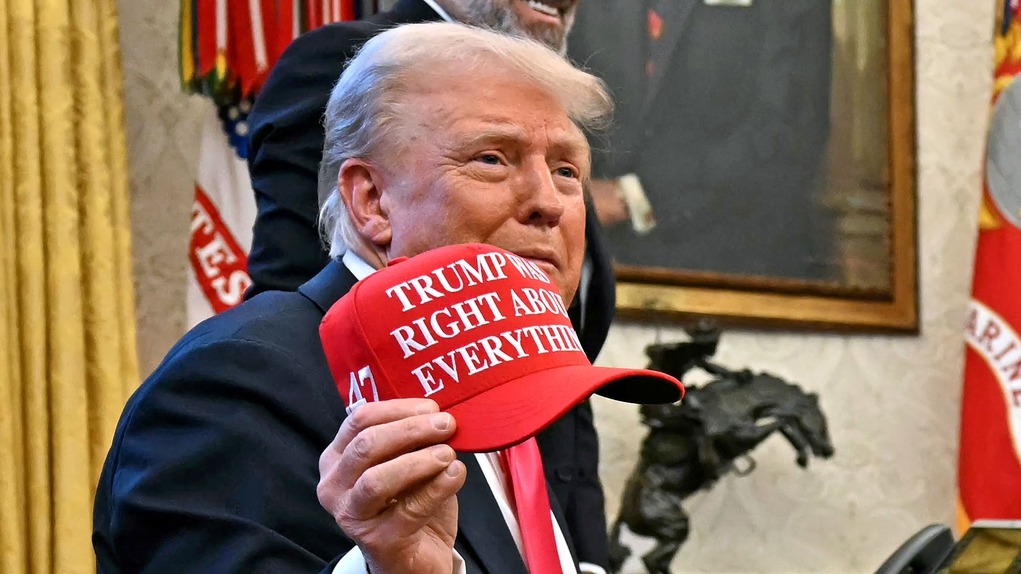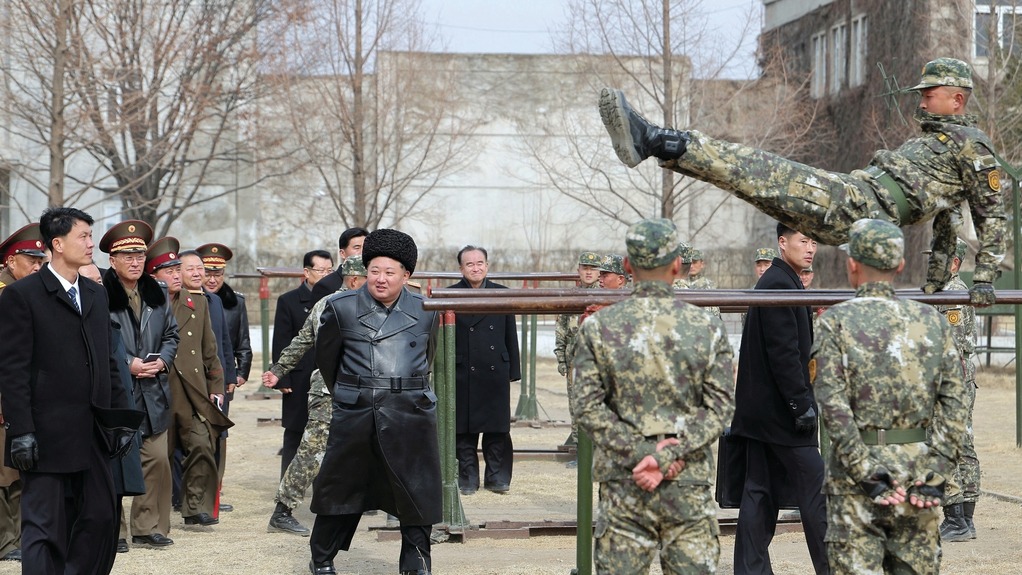## Analysis and Report: “Trump’s ‘Always Right’ Hats and the New Health Minister’s Criticism”
Introduction
The title suggests a connection between former U.S. President Donald Trump’s merchandise, specifically hats with the slogan “Trump is always right,” and criticism directed at a new health minister. This analysis will delve into both aspects, providing a comprehensive overview of the situation.
Trump’s Merchandise and Political Impact
#
Overview of Trump’s Merchandise
Donald Trump’s campaign and supporters have long utilized merchandise as a tool to promote his image and slogans. The “Trump is always right” hats are part of this broader strategy to reinforce his brand and message. Such merchandise often serves as a symbol of political allegiance and can be seen at rallies and other political events.
#
Political Impact
The use of such merchandise can have several political implications:
– Unity and Identity: It helps create a sense of unity among supporters by providing a visible symbol of their political beliefs.
– Controversy and Criticism: Slogans like “always right” can be polarizing, attracting both fervent support and criticism. Critics may view such statements as divisive or arrogant.
Criticism of the New Health Minister
#
Background
The criticism of the new health minister, described as “無眼睇” (which translates to “blind” or “ignoring” in English), suggests that the minister is being accused of neglecting important issues or failing to address critical health concerns effectively.
#
Possible Reasons for Criticism
The criticism could stem from several factors:
– Policy Decisions: The minister’s policies or decisions might be perceived as inadequate or misguided, leading to public dissatisfaction.
– Lack of Transparency: If the minister is seen as not being transparent about health issues or policies, it could lead to mistrust and criticism.
– Inaction: Failure to act promptly on pressing health matters could also contribute to the perception of being “blind” to the needs of the public.
Connection Between Trump’s Hats and the Health Minister’s Criticism
While the two topics may seem unrelated at first glance, there could be a broader societal or political context that connects them:
– Polarization and Criticism: Both Trump’s merchandise and the criticism of the health minister reflect a polarized political environment where strong opinions and criticisms are common.
– Media and Public Perception: The media’s role in highlighting these issues can influence public perception, creating a narrative that links political figures and their actions to broader societal trends.
Conclusion
In conclusion, while Trump’s “always right” hats and the criticism of the new health minister may appear as separate issues, they both reflect the complexities of political discourse and public perception. Understanding these dynamics is crucial for analyzing the broader political landscape and the ways in which political figures and their actions are perceived by the public.
—
HTML Version
“`html
Analysis and Report: “Trump’s ‘Always Right’ Hats and the New Health Minister’s Criticism”
Introduction
The title suggests a connection between former U.S. President Donald Trump’s merchandise, specifically hats with the slogan “Trump is always right,” and criticism directed at a new health minister. This analysis will delve into both aspects, providing a comprehensive overview of the situation.
Trump’s Merchandise and Political Impact
Overview of Trump’s Merchandise
Donald Trump’s campaign and supporters have long utilized merchandise as a tool to promote his image and slogans. The “Trump is always right” hats are part of this broader strategy to reinforce his brand and message. Such merchandise often serves as a symbol of political allegiance and can be seen at rallies and other political events.
Political Impact
The use of such merchandise can have several political implications:
- Unity and Identity: It helps create a sense of unity among supporters by providing a visible symbol of their political beliefs.
- Controversy and Criticism: Slogans like “always right” can be polarizing, attracting both fervent support and criticism. Critics may view such statements as divisive or arrogant.
Criticism of the New Health Minister
Background
The criticism of the new health minister, described as “無眼睇” (which translates to “blind” or “ignoring” in English), suggests that the minister is being accused of neglecting important issues or failing to address critical health concerns effectively.
Possible Reasons for Criticism
The criticism could stem from several factors:
- Policy Decisions: The minister’s policies or decisions might be perceived as inadequate or misguided, leading to public dissatisfaction.
- Lack of Transparency: If the minister is seen as not being transparent about health issues or policies, it could lead to mistrust and criticism.
- Inaction: Failure to act promptly on pressing health matters could also contribute to the perception of being “blind” to the needs of the public.
Connection Between Trump’s Hats and the Health Minister’s Criticism
While the two topics may seem unrelated at first glance, there could be a broader societal or political context that connects them:
- Polarization and Criticism: Both Trump’s merchandise and the criticism of the health minister reflect a polarized political environment where strong opinions and criticisms are common.
- Media and Public Perception: The media’s role in highlighting these issues can influence public perception, creating a narrative that links political figures and their actions to broader societal trends.
Conclusion
In conclusion, while Trump’s “always right” hats and the criticism of the new health minister may appear as separate issues, they both reflect the complexities of political discourse and public perception. Understanding these dynamics is crucial for analyzing the broader political landscape and the ways in which political figures and their actions are perceived by the public.
“`
—
This report provides a detailed analysis of both topics, highlighting their political implications and potential connections within the broader context of public perception and political discourse.
Related sources:
[1] huggingface.co











